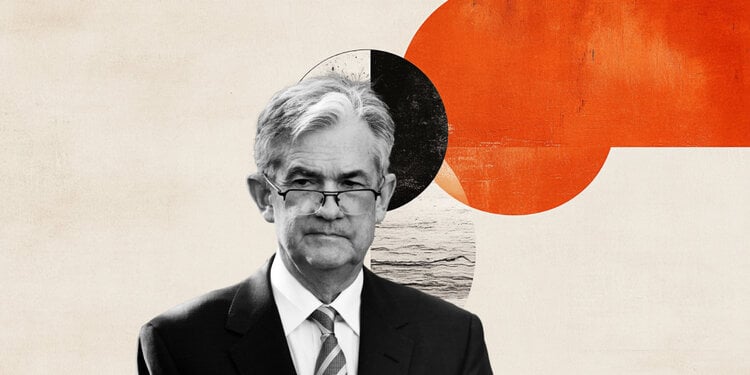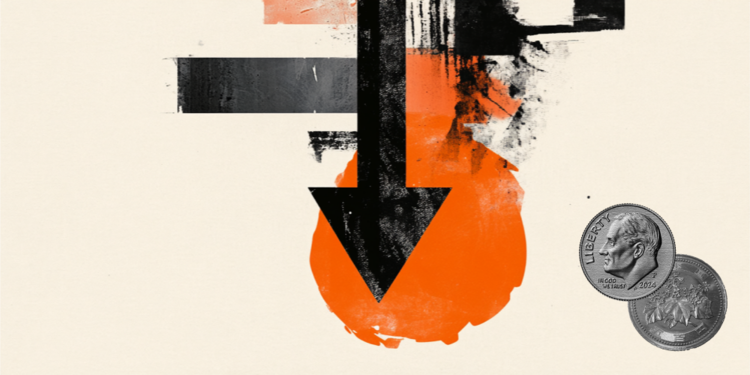The governors decided to extend for 60 days the freeze on the Tax on the Circulation of Goods and Services (ICMS) on fuel, which would end on January 31.
The upward trajectory of fuel prices was the motivation for the decision to freeze the tax. The price of gasoline rose 47.49% in 2021, and ethanol increased even more last year, by 62.23%, according to the Brazilian Institute of Geography and Statistics (IBGE).
In a note signed by 21 of the 27 governors and obtained by the CNNthe state chiefs said that they have “the aim of mitigating the inflationary pressures that so harm consumers, especially with regard to the poorest and most underserved strata of the Brazilian population”.
To understand the impacts of the new freezing of the ICMS fixed rate for another 60 days, the CNN Brasil Business talked to experts to explain, in fact, how the price of fuel can be affected by the decision of the governors.
According to Alexandre Chaia, professor of Economics at Insper, the measure taken by the governors aims to slow the increase in fuel prices, but it can be impacted by external factors that drive the high readjustments.
“The purpose of freezing the nominal value of ICMS is to try to keep fuels stable, but if the dollar and oil continue to rise, 60 days from now there will be a significant increase in prices all at once,” he said.
The professor explained that ICMS is a part of the composition of consumer prices, but it only increases if the other factors of this composition also increase. It is calculated based on the final value that arrives at the pumps.
“ICMS has been the same for years. What happens is that before gasoline used to be around R$1.00 and now it is above R$5.00 in Brazilian states,” he said.
“Fuel inflation is a movement that happens all over the world, but it was boosted in Brazil because of the exchange rate,” he added.
For him, the best tactic to reduce fuel prices is to establish a solid fiscal policy, which does not generate uncertainty in the market, and other measures that reduce the difference between the real and the dollar.
“There is no easy solution. Changing Petrobras’ pricing policy doesn’t make any sense, so I believe that the government must create conditions for the dollar to fall and, thus, the price of fuels as well”.
For Bernardo Motta, a researcher at FGV Ibre, the ICMS freeze will not only bring little impact, but it is insufficient to contain the rise in gasoline prices.
“The freeze is only in relation to the reference price on which the rate is applied, so it only reduces the impact of the tax on fuel prices. The other factors that determine the final value at the pump remain free”, he pointed out.
The researcher also highlighted the international price of oil and the devalued exchange rate as the main responsible for the increases in fuels, and not the tax collected by the states.
“As long as the exchange rate is undervalued and Petrobras maintains its current import parity policy, commodity prices will continue to be under pressure. So this measure [congelamento do ICMS] not justified,” he said.
Gesner Oliveira, economist at FGV Ibre, reiterated that the rate collected by the state tax is not changing to the point of causing successive increases.
“There may be an increase even with the freezing of ICMS, as there may be great international pressure on fuel. You have to cushion the shock that comes from outside,” he assessed.
The economist believes that, in order to cushion the effects, it is necessary to create a stabilization fund. According to him, the states have a margin of maneuver to freeze the ICMS in the short term, as there has been an improvement in the collection of resources recently.
“However, the long-term fiscal situation is quite critical in most states, so that margin is lost,” he said.
Insper professor Alexandre Chaia commented that, in the long term, the maintenance of a measure such as the freezing of ICMS can directly affect state public accounts.
“States’ expenses will rise, but revenue is frozen and they will have more financial difficulties. In this scenario, the Treasury will have to come in with resources to help, which will further increase the debt and the dollar could soar,” he said.
Source: CNN Brasil
I am Sophia william, author of World Stock Market. I have a degree in journalism from the University of Missouri and I have worked as a reporter for several news websites. I have a passion for writing and informing people about the latest news and events happening in the world. I strive to be accurate and unbiased in my reporting, and I hope to provide readers with valuable information that they can use to make informed decisions.







